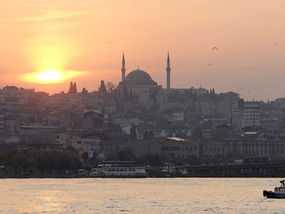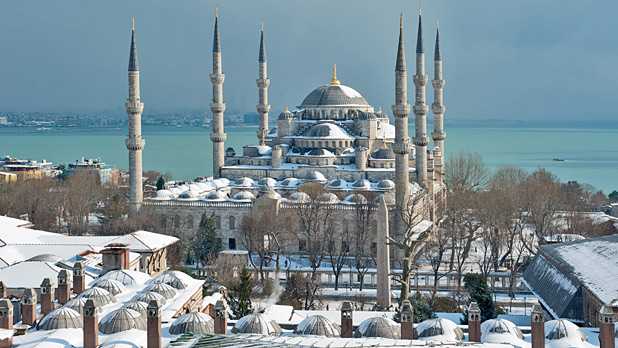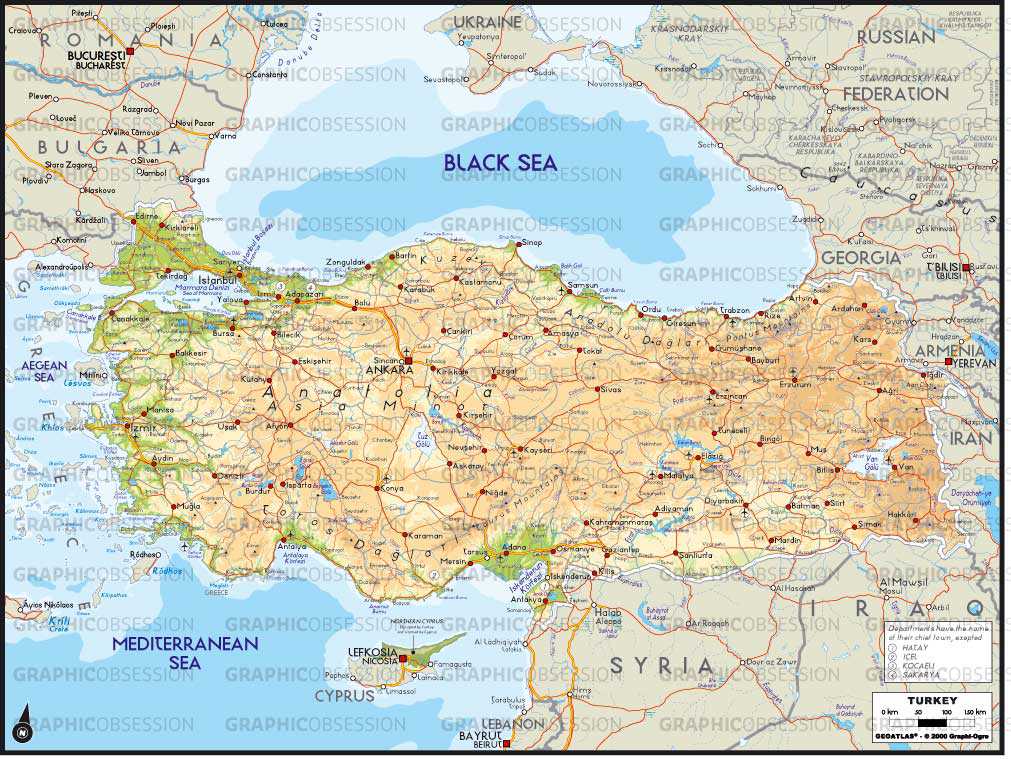BRUSSELS, Belgium: Russia’s fight with Georgia has added new urgency to the Europe Union’s need to find alternatives to Russian oil and gas imports, the new U.S. ambassador to the EU said Monday.
“Russia’s willingness to defy the international community, act in violation of international law, (and) be threatening in its neighborhood is a reminder of why progress on this issue is so important,” ambassador Kristen Silverberg said.
At an emergency summit on the Georgia conflict early this month, EU leaders called for a study into how the 27-nation body can find alternative energy sources to diminish growing dependence on Russia, which currently supplies a third of EU oil imports and more than 40 percent of the natural gas European Union countries buy from abroad.
Silverberg told reporters the EU should work with Turkey, Azerbaijan, Georgia and other nations to diversify sources of energy and supply routes for oil and gas from the Caspian and Central Asian regions.
“We hope that Europe will engage with active outreach with some of the supplier countries, the Azeris for example,” she said. “We have always thought that it was in Europe’s interest to diversify its supply routes generally.”
In particular, the EU should work closely with Turkey to develop pipelines and other infrastructure to ensure oil and gas can flow westward through routes not controlled by Moscow, she told reporters Monday.
“We hope that Europe will work closely with Turkey to help make sure that Turkey is a viable and active transit route for Caspian gas,” Silverberg added.
“That involves negotiating with Turkey over reasonable terms for a transit agreement. It means working with Turkey on helping to improve its infrastructure so helping to make sure its an efficient transit route.”
One project under consideration is the so-called Nabucco pipeline, which would deliver gas from Turkmenistan and other Central Asian and Caspian countries westward through Turkey while bypassing Russia.
The project, however, has been slowed by high costs and uncertainty over sources of supply, and Russia is promoting rival routes through its territory as a cheaper and safer alternative.
International Herald Tribune 22 September 2008






